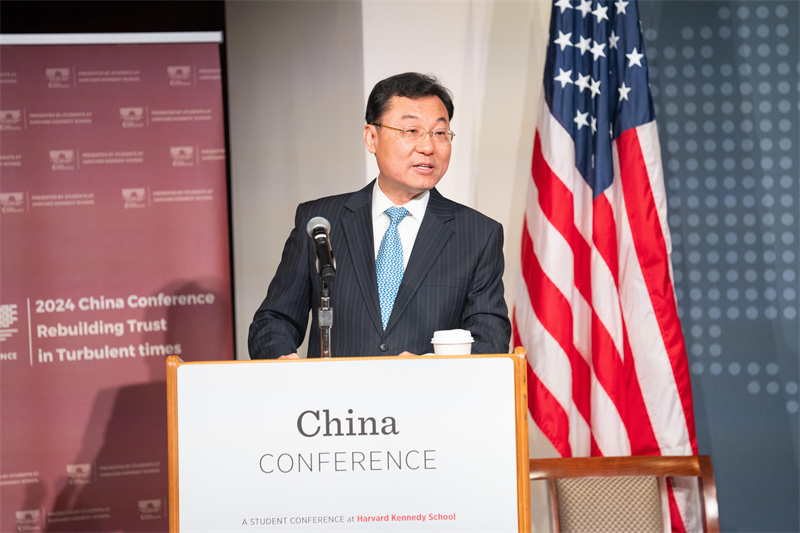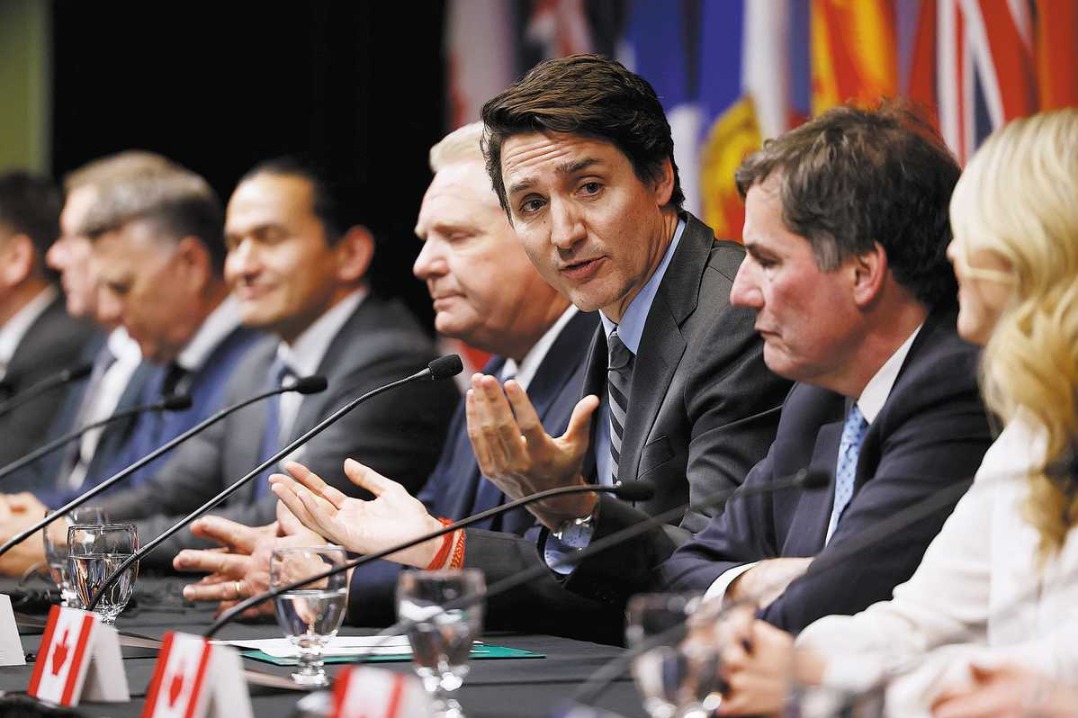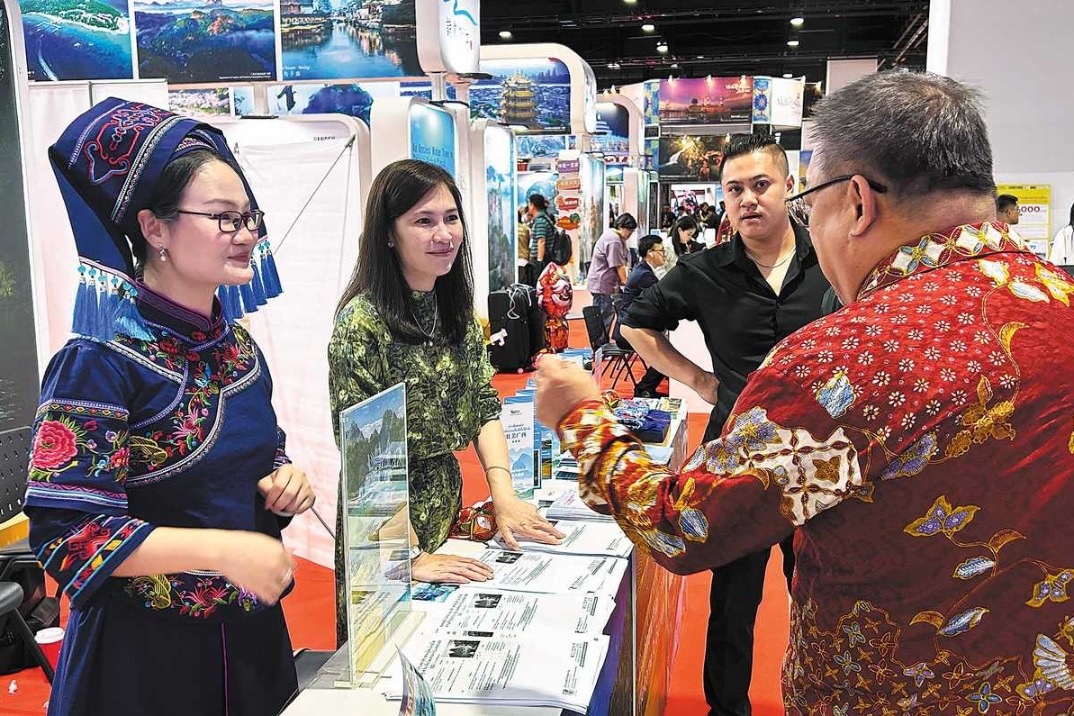Ambassador Xie Feng: Is it fair to stress the importance of a free market when one gets the upper hand but resort to protectionism when they are outperformed?


On April 20, Chinese Ambassador to the United States Xie Feng attended the opening ceremony of the Harvard Kennedy School China Conference 2024 and delivered a speech.
Ambassador Xie pointed out that the trade war started by the US side has lasted six years. But instead of declining, the US trade deficit has further widened by $200 billion, and surging prices have driven up inflation. Ultimately, American consumers paid the cost, American businesses suffered losses, the international economic and trade order and global industrial and supply chains were rattled, and the global recovery was dragged down.
Attempts to shut China out in the name of de-risking, overstretch and abuse the concept of "national security", and wage tariff war, trade war, industrial war and tech war would serve no one's interests. Nor can they hold back China's development in any way.
Ambassador Xie stressed that competition between China and the United States should be fair and rules-abiding. It should be like competing for excellence in a racing field, not beating one another down in a wrestling ring. Some people, however, are just uneasy with the idea of losing. When they get the upper hand, they stress the importance of a free market. But when they are outperformed, they resort to protectionism. Is this fair?
China-US relations cannot be simply defined by competition. Containing and suppressing others on the pretext of competition would only lead to a lose-lose scenario, with the whole world suffering. If China and the United States had focused solely on differences and competition half a century ago, how could we have broken the ice amid the Cold War and reopened our doors to each other? And how could this relationship have brought huge peace and development dividends to both countries and the world over the past 45 years?
































